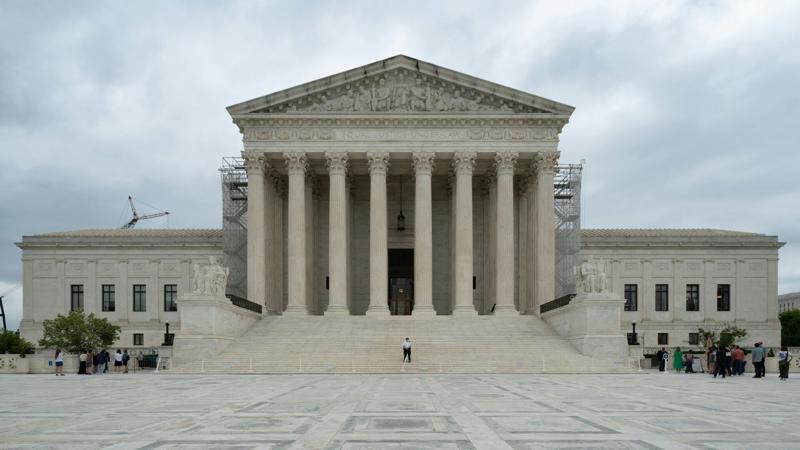The U.S. Supreme Court ruled on Tuesday that people who win temporary court orders in civil rights cases can’t automatically get their legal fees paid if the case ends before a final decision, which could make it harder to afford these lawsuits.
The case, Lackey v. Stinnie, involved Virginia drivers who sued the state over a law that took away driver’s licenses from those who couldn’t pay their court fines. The drivers won a temporary court order to stop the law from being enforced, but before the case was fully decided, Virginia changed the law.
The law was first enacted in the 1990s. It resulted in the suspension of Virginians’ driver’s licenses for failing to pay court fines before the Virginia General Assembly repealed the law in 2020 as part of broader criminal justice reforms.
Because of the law change, the case was dropped, and the drivers’ lawyers asked the court to order the state to pay their legal fees.
The Supreme Court ruled 7-2 that winning a temporary court order does not count as a final victory in a case, so the state doesn’t have to pay the legal fees. Chief Justice John Roberts explained that a temporary order only pauses a case while it is being decided and does not permanently change the law.
The ruling builds on previous Supreme Court decisions that limited when plaintiffs can recover attorney’s fees. In Buckhannon Board & Care Home, Inc. v. West Virginia Department of Health and Human Resources, the court ruled that plaintiffs would need to secure a legal victory to be considered a “prevailing party.”
The new ruling further restricts that decision and makes it harder for people to recover legal costs.
Justices Ketanji Brown Jackson and Sonia Sotomayor disagreed. They warned that this decision could discourage lawyers from taking on civil rights cases because they might not get paid even if they win temporary client protections.
Virginia Attorney General Jason Miyares supported the ruling.
“I’m thrilled that the Commonwealth prevailed in this important U.S. Supreme Court case. An exceptional job by our brilliant Solicitor General Erika Maley!” posted Miyares on X.
On the other hand, the Legal Aid Justice Center, which represented the drivers, criticized the decision, calling it “a devastating blow to civil rights enforcement.”
“The predictable result of today’s decision will mean more civil rights violations and fewer remedies, with fewer lawyers willing to challenge the government knowing they will be left with the bill even when they leave court with everything their clients asked for,” said Angela Ciolfi, Executive Director of the Legal Aid Justice Center.
The decision could heavily impact civil rights lawsuits since many cases rely on temporary court orders to stop certain laws. This would make it harder for people to challenge government policies in court, especially if they cannot pay for a lawyer without the chance of recovering legal fees.
The American Civil Liberties Union also criticized the ruling and argued that it undermines civil rights enforcement.
“The court’s decision in Lackey is a grave error because it is at odds with the system for private civil rights enforcement that Congress enacted,” said Cecillia Wang, ACLU national legal director. “Though the decision may seem technical, make no mistake, the court has gone out of its way to put up another obstacle for Americans seeking accountability when government officials violate their constitutional rights.”
The ACLU was part of a coalition of organizations that filed an amicus brief supporting the civil rights plaintiffs.







